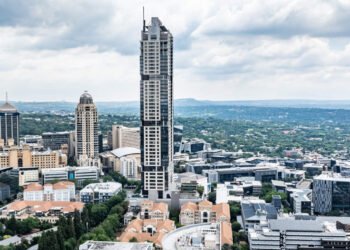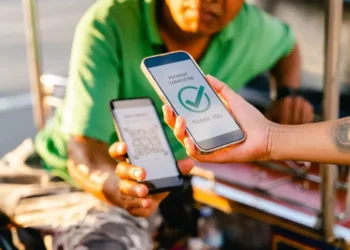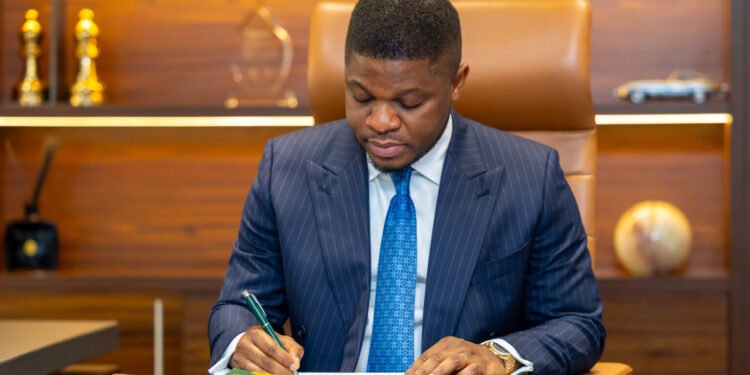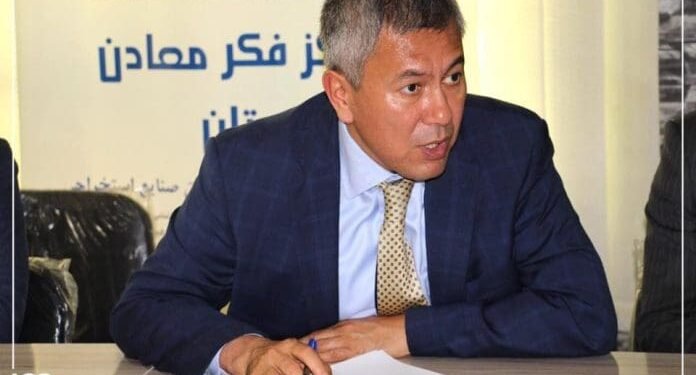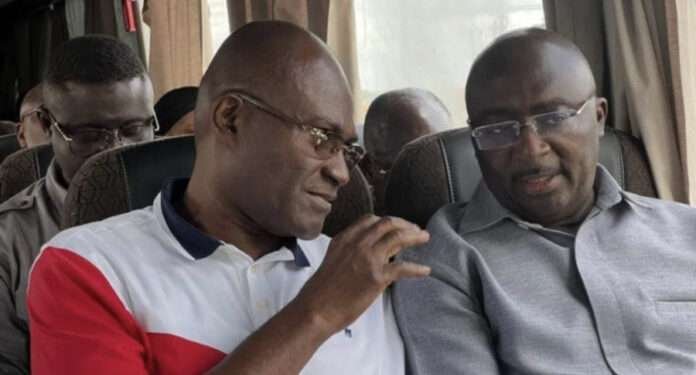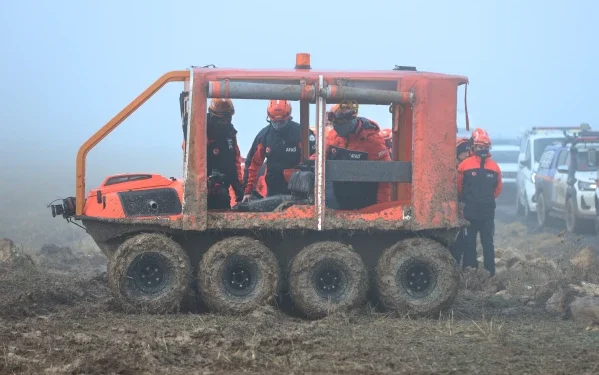The Congolese army announced on Sunday, May 19, that it successfully thwarted a coup attempt, arresting several perpetrators, including foreign nationals.
The coup plot included attacks on the presidential palace and the residence of a close ally of President Felix Tshisekedi, resulting in three deaths in the capital, Kinshasa.
Initially, local media reported that the armed men were Congolese soldiers. However, it was later revealed they were linked to Christian Malanga, a self-exiled opposition figure. Malanga had recently posted a video on Facebook threatening President Tshisekedi.
According to Congolese army spokesperson Brig. Gen. Sylvain Ekenge, Malanga was killed at the presidential palace after he resisted arrest.
President Felix Tshisekedi, who was re-elected in December 2023 amid a chaotic vote, faced calls for a revote from the opposition, citing a lack of transparency. Disputed elections are not new to the Central African country, which has a history of contentious political processes.
Brig. Gen. Ekenge said the attempted coup d’état was “nipped in the bud by Congolese defense and security forces (and) the situation is under control.”
Among the coup plotters arrested on Sunday were three Americans, including the son of the opposition figure Christian Malanga, according to a Congolese army spokesperson.
This incident unfolded amid a crisis within President Felix Tshisekedi’s ruling party over a postponed parliamentary leadership election initially scheduled for Saturday, May 18.
On Sunday, clashes broke out between men in military uniforms and the guards of Vital Kamerhe, a federal legislator and candidate for speaker of the National Assembly.
The confrontation occurred at Kamerhe’s residence in Kinshasa, approximately 2 kilometers (1.2 miles) from the presidential palace, in an area housing several embassies.
Kamerhe’s guards successfully halted the armed men. Michel Moto Muhima, Kamerhe’s spokesperson, reported on social media platform X that two police officers and one attacker were killed in the shootout.
Footage, seemingly from the area, showed military trucks and heavily armed men parading abandoned streets in the neighborhood as the army said the situation had been brought under control.
Meanwhile, the self-exiled Malanga appeared in the live-streamed video at the presidential palace surrounded by several people in military uniform and said, “Felix, you’re out. We are coming for you.”
On his website, the opposition leader’s group, the United Congolese Party (UCP) is described as “a grassroots platform that unifies the Congolese Diaspora around the world opposing the current Congolese dictatorship.”
President Felix Tshisekedi has yet to address the events of Sunday publicly.
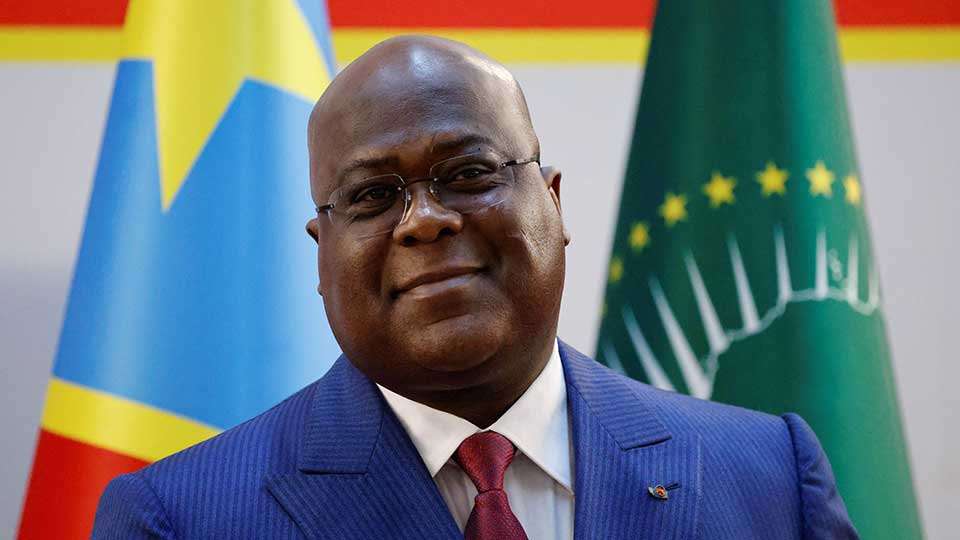
On Friday, May 17, he met with parliamentarians and leaders of the Sacred Union of the Nation ruling coalition to address the crisis gripping his party, which holds a majority in the national assembly. He said he would not “hesitate to dissolve the National Assembly and send everyone to new elections if these bad practices persist.”
The United States Embassy in Congo issued a security alert, urging caution after “reports of gunfire.”
Africa’s Worrying Coup Trend
Africa has witnessed a surge in coup attempts. Notably, there have been eight successful and nine unsuccessful coups across West and Central Africa between 2020 and 2024.
Countries like Gabon, Niger, Burkina Faso, Sudan, Guinea, Chad, and Mali have experienced military takeovers during this period.
These events have raised concerns about the region’s democratic progress, as coups had been declining for much of the past two decades before this recent wave.
Despite efforts by regional organizations like the Economic Community of West African States (ECOWAS), reversing a coup remains challenging once it occurs.
Africa’s history has seen a total of 220 coup attempts, with 109 of them being successful, making it the region with the highest number of coups globally. The recent trend underscores the need for continued vigilance in safeguarding democratic institutions.





